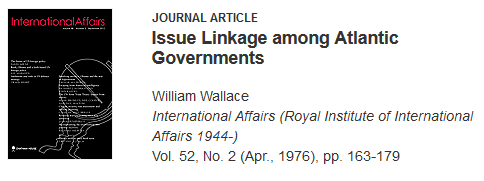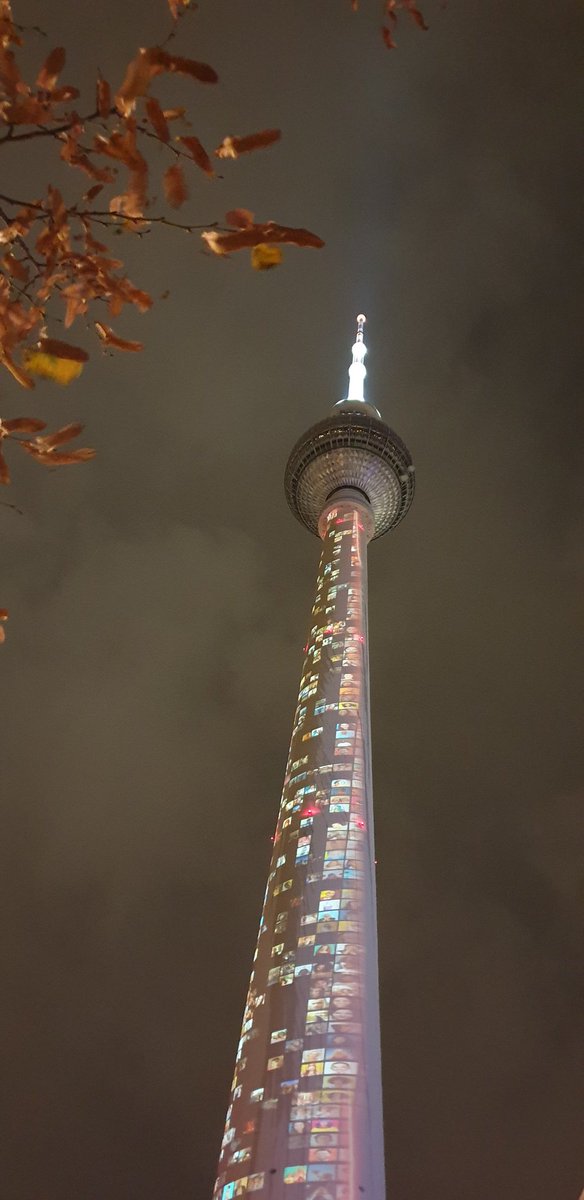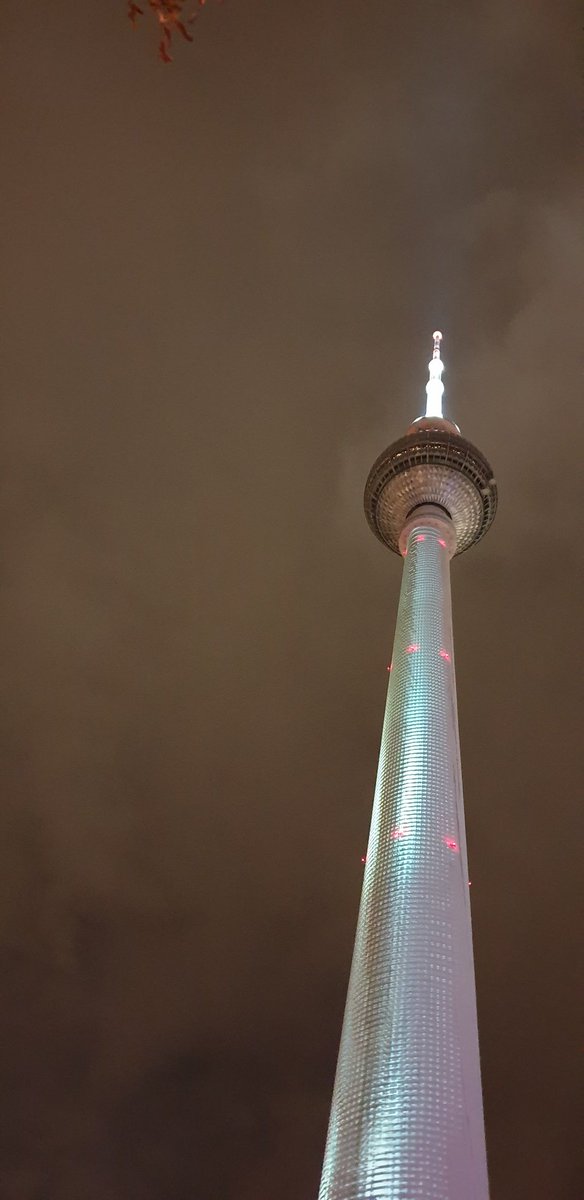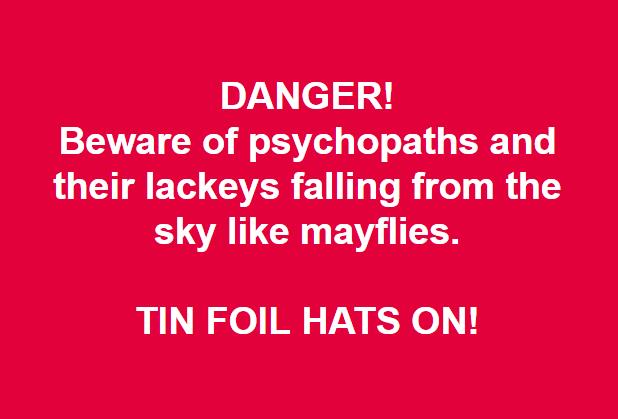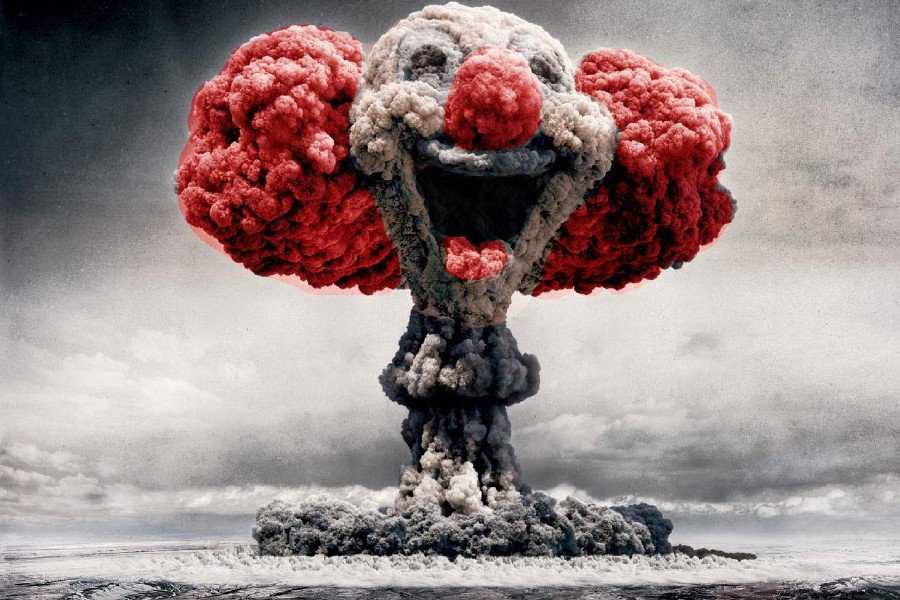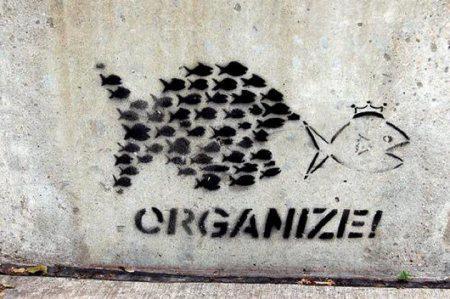Day 2 addressed how the collapse impacted @NATO. But the wall's collapse had an even more profound impact on another organization -- The EU -- and on a currency -- the euro.
[THREAD]
As head of the German Central Bank, his skepticism was understandable.
The answer, is in the Two-plus-Four talks
[END]
tandfonline.com/doi/abs/10.108…












